Blog
Get the latest news and updates from medicalvalues on healthcare and AI-driven diagnostics topics.
Stay in touch
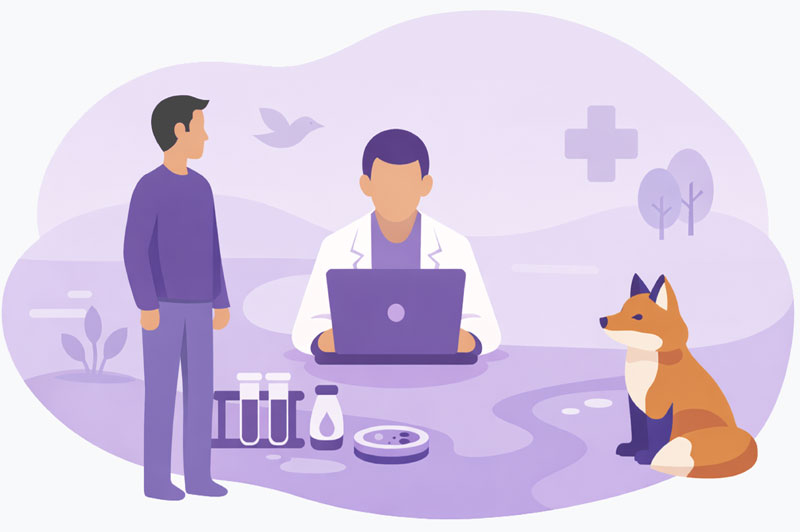
One Health Diagnostics: Connecting Environment, Animals, and Humans
Climate change, urbanisation, and globalisation are not only reshaping our environment — they are also changing disease patterns, exposures, and infection dynamics. The scientific and regulatory response is called One Health: health is no longer viewed in silos, but as the interplay between environment, animals, and humans.
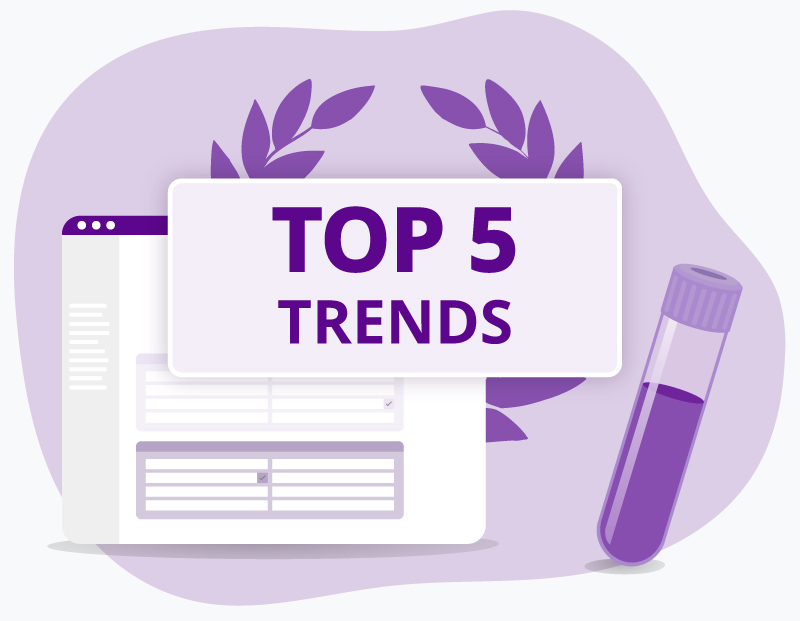
Top 5 trends in the order entry market for 2024: focus on customer needs and efficiency
In the world of laboratory medicine – a digital pioneer in the healthcare sector – a dynamic development is emerging. We have identified key trends in the order entry market that are of particular importance in German-speaking countries for 2024.
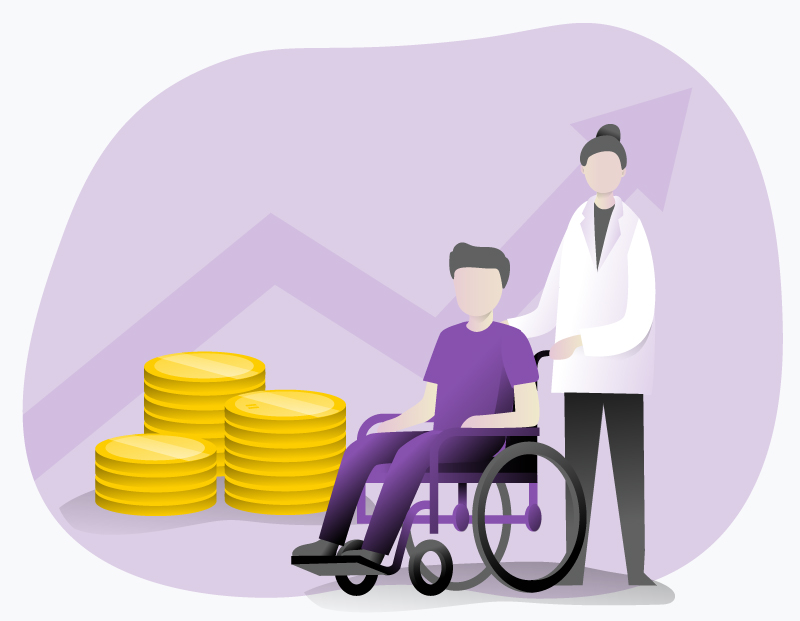
Optimising clinical processes: Improving diagnosis and reducing the workload in the clinic with laboratory diagnostics
The economic pressure on hospitals in Germany has increased in recent years, leading to a situation in which medical care is in many cases no longer focused solely on the interests of the patient. In an interview in December 2022, the German Federal Minister of Health, Karl Lauterbach, stated: “Today, no hospital can afford to focus solely on medical care.”[1] In order to manage the conflicts of interest between business and health care, it is not sufficient to focus only on those departments that have a comparatively high financial return. Instead, a targeted analysis is needed, which can be used to optimise clinical processes to improve patient care. Targeted and early diagnosis, supported in particular by laboratories, is therefore a key factor. Innovative ideas and technologies can increase the efficiency and effectiveness of these processes.
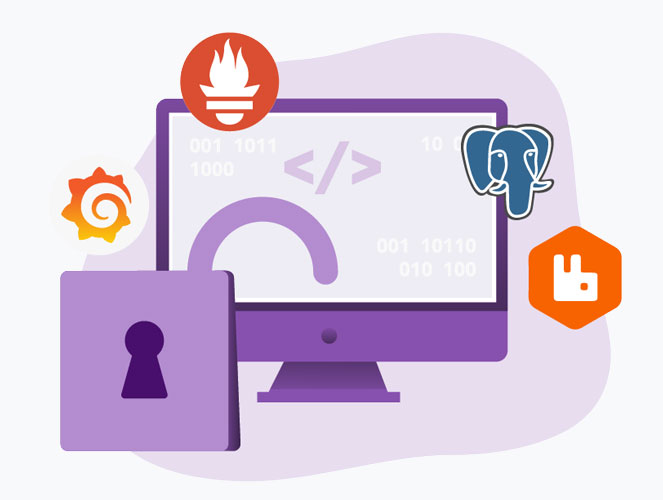
Open Source in Healthcare: Data management and -security in harmony
As an extremely current topic, open source systems are becoming increasingly relevant in many industries, and therefore also in healthcare. Open source is an innovative approach to software development and data use based on collaborative development and the sharing of code. This philosophy enables free accessibility of software and technologies, which promotes increased efficiency and flexibility in both the business and healthcare sectors, as well as in other industries.
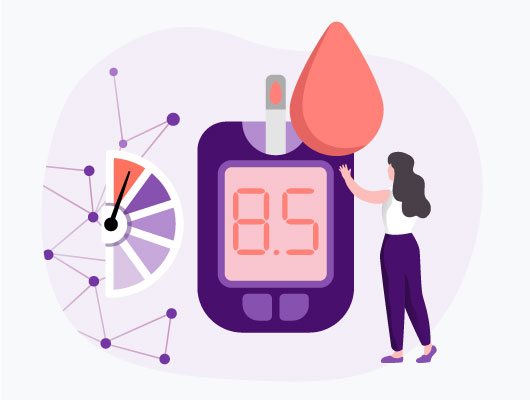
(Pre-)Diabetes in Clinics: Effective Early Detection to Optimize Health Care
In Germany, almost 6.2 million people are officially diagnosed diabetics. Together with the considerably high number of undetected cases (estimated at 1.35 million), the disease affects more than 9% of the German population [1]. Diabetes mellitus is not only widespread, affected individuals face serious health consequences. The disease has disruptive effects on the regularization of blood glucose levels. In addition, it negatively affects the functions of the kidneys, blood vessels, nerves and many other organs. In order to prevent more serious consequences for patients, effective early diagnosis is extremely important. Therefore, the question arises: How can we improve the early detection of this disease?
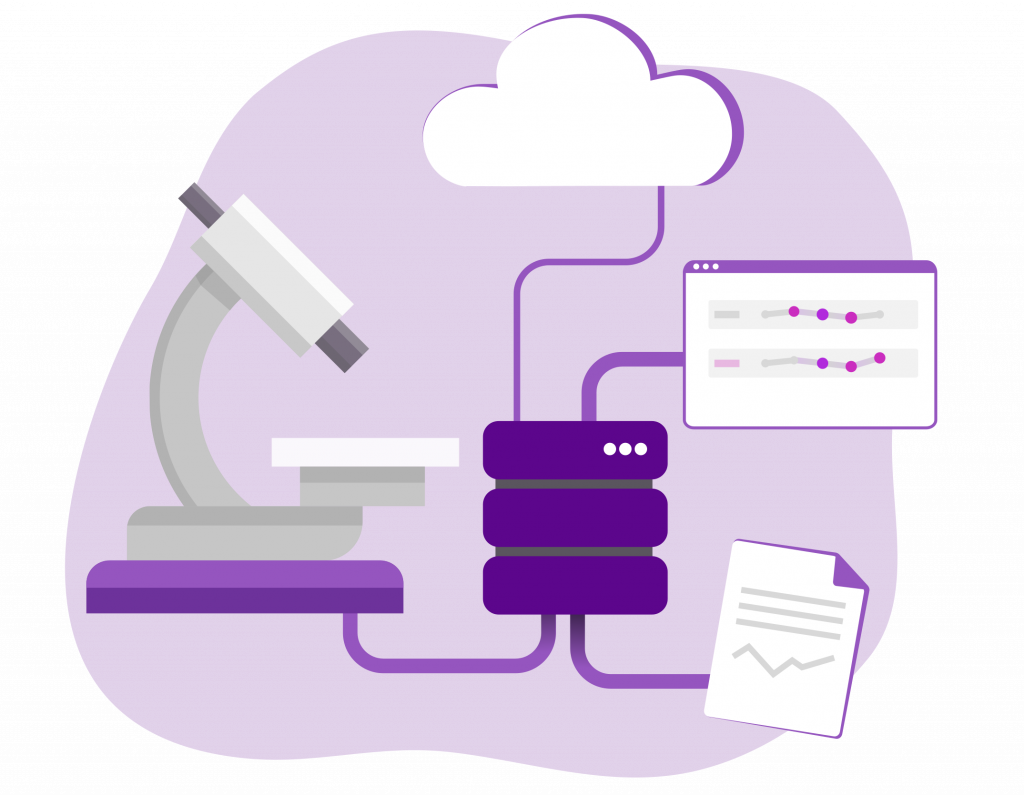
Modular solutions: Delivering innovation without interrupting the central LIS/LIMS processes
Laboratory test results influence approximately 70 percent of medical decisions, including diagnosis, treatment and ongoing management of patient care. Medical laboratories have always been at the forefront of healthcare innovation. However, to meet the increased demands, many Laboratory Information Systems (LIS) have become increasingly complex and customer-specific, which in turn limits flexibility and innovation capacity in many areas. But what could a modern LIS infrastructure actually look like?
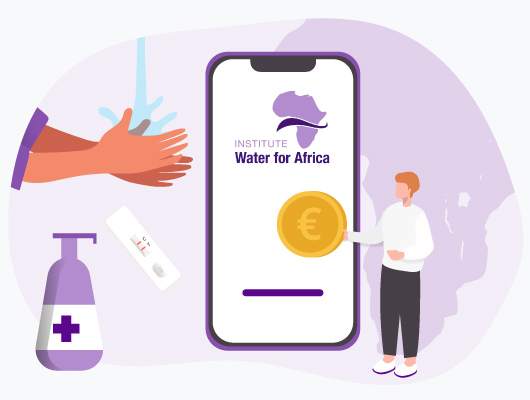
Across Oceans and Borders: Purposeful Support for Medical Facilities
Access to clean water and sanitation is a basic human right, yet millions of people in Africa still lack access to these essential resources. The situation is particularly dire in rural areas, where people often have to walk long distances to fetch water from contaminated sources. The lack of clean water and sanitation facilities leads to the spread of waterborne diseases, which can be fatal, especially for young children.
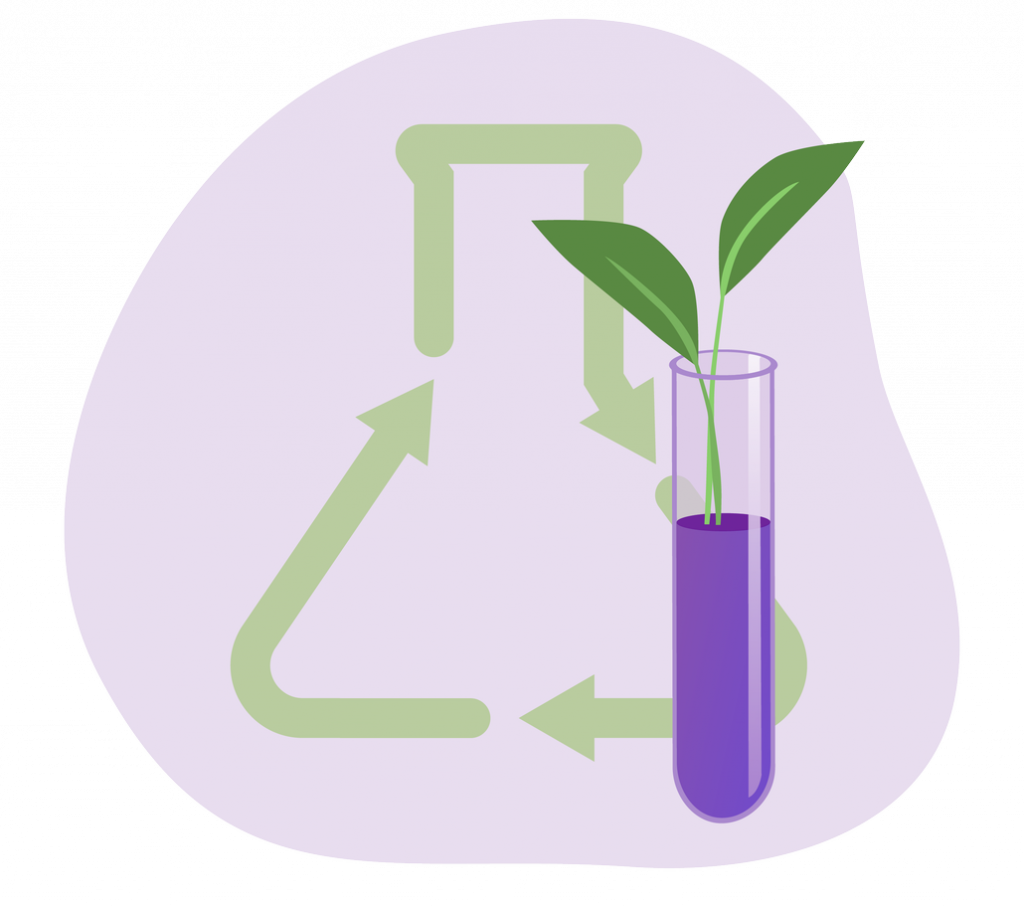
On the road to efficiency: How laboratories are becoming more sustainable
Diagnostics and the related activity in laboratories are an essential part of the health care process and contribute significantly to better health. But what impact does this activity have on the health of our planet? Similar to any industry, the process of diagnostic research, development and patient care results in a enormous amount of waste and CO2 emissions – these are unavoidable in many cases. But what measures can laboratories take to operate more sustainably?
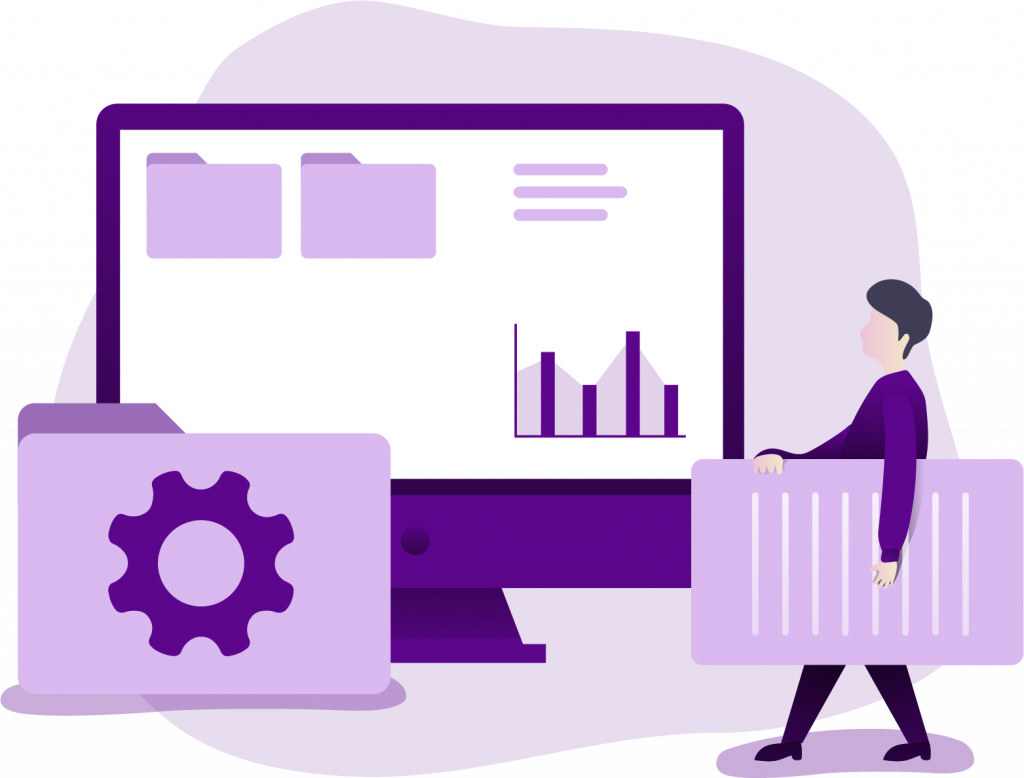
Extract, enrich, share: the medicalvalues approach to centralized Diagnostic Data Management
The rising relevance of data in the diagnostic process brings the importance of data management systems to the foreground. The medicalvalues Diagnostic Data Management System expands upon existing Laboratory Information Systems (LIS) to assist you in effectively implementing a Single Source of Truth and taking advantage of the full potential of your data.
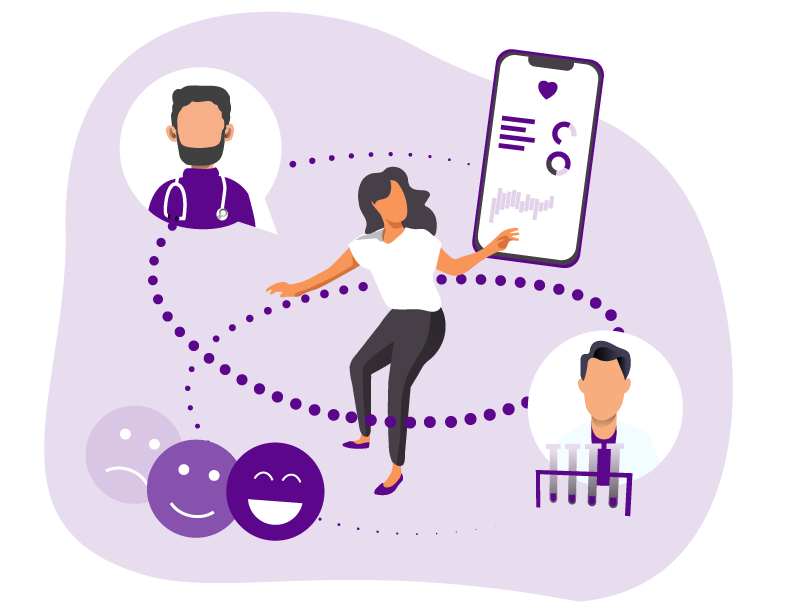
Experience Management: the new Standard in Healthcare
Experience Management in the context of healthcare has gained importance in the past years. Examining fields that underwent a digital transformation in the past, such as the e-commerce industry, can yield valuable insights into the observed trends and the desired outcomes.
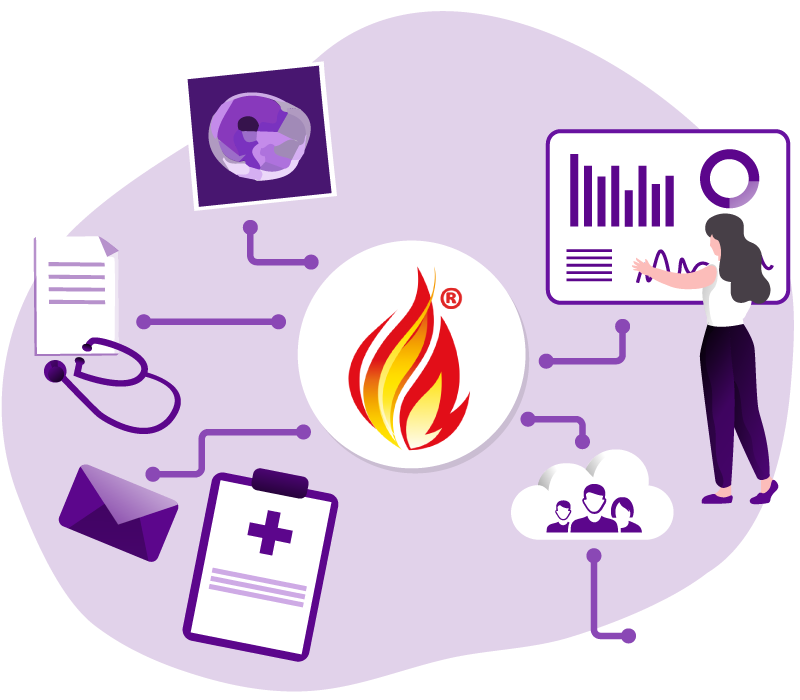
Interoperability with FHIR: Creating structure in medical data
Medical data and its collection, sharing, and analysis are now integral parts of the diagnostic process and increasingly important for more efficient and effective patient care. Interoperability enables seamless communication between different systems and paves the way for advanced diagnostics applications.
The use of LOINC standards in the DEMIS electronic reporting system
The standardization of medical data is a prerequisite for the implementation of large-scale electronic healthcare systems, such as DEMIS. medicalvalues enables such use cases and unlocks the full potential of existing data.

Interview with Klaus-Peter Weber from the association “In Würde alt werden e.V.”
Klaus-Peter Weber is a qualified nurse and specialist in surgery with a focus on trauma surgery. He is also head of the Interdisciplinary Geriatric Traumatology/Geriatrics at the DRK Hospital Altenkirchen-Hachenburg.
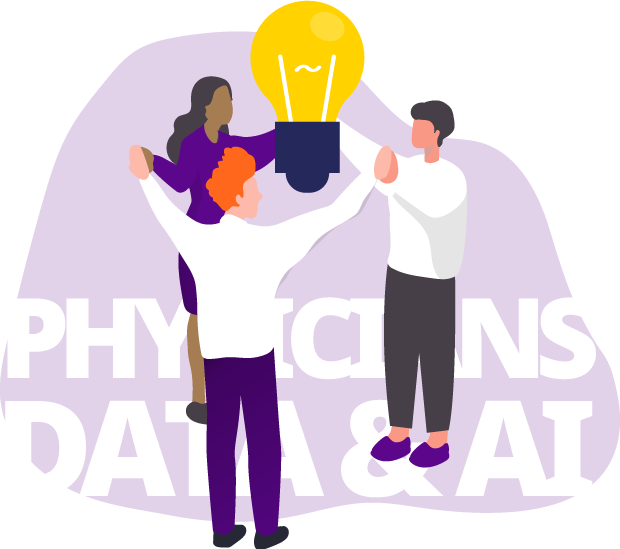
Diversity in laboratory diagnostics
The idea of personalized medicine, i.e. diagnostics and therapy tailored to the individual patient, is intended to make healthcare more efficient and targeted. At the same time, many laboratory reference values are handled uniformly across genders, ethnicities and age groups. Is a mind shift needed here?
Mapping wildfires through satellite data
Mapping wildfires through satellite data can help monitor their impact and mitigate the damage caused. medicalvalues utilizes Earth Observation data and artificial intelligence methods to provide decision support during disaster relief efforts.
The benefit of standards such as SNOMED and LOINC in everyday clinical practice and for digitization
The digital transformation takes place in all areas of life and makes data an economically important resource. In the healthcare sector, it can optimize medical and business management as improve research. At the same time, there are special challenges on the path to digitization in the healthcare system with data scattered across institutions and inconsistent standards. How this can still be achieved and how uniform data formatting becomes the rule will be made clear in the following article.
Additional demand and reflex testing
Subsequent requests are not only time-consuming and cost-intensive, but also repeatedly interrupt the clinical daily routine, causing delays. medicalvalues supports this process and mitigates these problems.
Interaction for medical data between senders and laboratory physicians
The communication between senders and receivers of medical tests and laboratory results lack due to time pressure and complicated communication ways. medicalvalues builds a solution to overcome those barriers.

